Here are my impressions as I watched the Oscars. (Sort of live blogging after the fact.)
We start with a production number. It's nothing much. It includes some political comments because, as we all know, the Oscars aren't here to award artistry, but to teach the viewers important lessons.
Steve Martin and Chris Rock (not the hosts--there is no host) come out and do some passable jokes. This includes some stuff about the politics of the Oscars that are more political than funny.
Brad Pitt wins best supporting actor. Lock of the night. Even he has some stupid political comment about the impeachment trial. He gave such a good speech at the Golden Globes. What happened? He thought it was time to get "serious"?
Toy Story IV wins best animated feature. A predictable and unimaginative choice. Then I get a phone call and miss a bunch of the show, but nothing important, I assume. This is the part where they give out minor awards (often with big political speeches) and sing some of those awful nominated songs.
Okay, I'm back. Time for best original screenplay. Some good choices here. Bong Joon-ho and Han Jin-won win for
Parasite. Sort of what I expected. They bring up a translator for their speeches. Does this win mean the film will take best picture? Hollywood thinks it has a better script than its main competitors,
1917 and
Once Upon A Time In Hollywood.
Now, best adapted screenplay. A very competitive category, which makes it more interesting than most awards this night. Taika Waititi wins it for
Jojo Rabbit. As I predicted. (Tonight only foreigners win for their screenplays. Has that ever happened before?)
Live action short film. I saw them all in one show. None were great, but I'm rooting for
The Neightbors' Window. And it wins! Did Shia LeBeouf pronounce it "The Neighbors' Widow"? LeBeouf presented the award with his costar in
The Peanut Butter Falcon, who has Down syndrome, and I think he got it right.
There's some stuff with the cast of
The Conners commenting live on the Oscars. I don't watch the show and this little bit (promising they'll be live on primary Tuesday) didn't make me want to watch.
Now the award for production design. Hollywood is good at this, and the nominees are well chosen. The winner is
Once Upon A Time In Hollywood. The right choice, though I don't think it means anything regarding the big awards.
Now costume design, another category with fine nominees. It's worth noting they're all period pieces--you want to get nominated, make clothes from another era. I suppose the most likely winner is
Little Women, since it's the oldest period piece with the most noticeable costumes. And
Little Women wins.
The first hour is over, and to be honest, it didn't feel like an hour. Maybe it was the phone call.
Another musical number. I think all the musical numbers should be done in a one-minute medley (preferably during a commercial).
Best documentary. If
American Factory (produced by the Obama's) wins, which is likely, we can expect a huge political speech (as opposed to an average one from most of the others). Mark Ruffalo comes out, one of Hollywood's most politically committed stars. Fitting. I'd like to see
Honeyland win since it was something different (even if it didn't always feel like a doc) but, predictably,
American Factory wins. Here we go. Hey, the winner shouts out for Buckeyes. Okay, now I'm mad. The speech goes on about how working people have it harder and harder. Really? She wants the workers of the world to unite. Where have I heard that before?
Now best short doc. Why does this come second? The winner is
Learning To Skateboard In A War Zone (If You're A Girl). I didn't see these docs, so I have no opinion. A decent (political, of course) speech that includes a mention of Frank Capra.
Best supporting actress. Some interesting choices, though everyone knows Laura Dern will win. And she does. She thanks her parents, which is nice, since between her and them, they had a bunch of Oscar nominations and this is the first win. (Tomorrow is her birthday.) This will likely be the only win for the much-nominated
Marriage Story.
Lin-Manuel Miranda comes out to introduce a montage about music in movies. I agree, it's very important. So what? Then out comes Eminem to perform "Lose Yourself" from
8 Mile. What is this, the Grammys? The sound goes off for portions of his number, since apparently we can't handle Eminem swearing. I got a better idea--cut this whole sequence from the show and save the audience ten minutes.
Now sound editing. The winner is
Ford v Ferrari. Lotsa engine sounds in that. (By the way, it's fun to go to Wikipedia to see how quickly they update their
Oscar page after the winner's announced.) Now sound mixing. What's the difference between this and sound editing? No one knows. I'd expect
1917 to win, since it's got splosions. And sure enough, it does win. The Academy is sharing the wealth. So far, seven of the nine nominees for best picture have won an Oscar. And
Joker will almost certainly take one. The only one to miss out will be
The Irishman (which months ago may have been the favorite for best picture).
Randy Newman performs a musical number. This is not a bonus to me. Newman!
Now we get a rapped recap of the show so far. Bring back Randy Newman.
Time for best cinematography. One of the biggest below-the-line awards. Some major nominees, no obvious winner, though I would guess
1917. And sure enough, it's Roger Deakins (who's been nominated 15 times in the past 25 years) for
1917. Is this going to be
1917's night?
And now editing--as important as cinematography.
1917 is not nominated--maybe because there was no editing. Have no idea who'll win. It's
Ford v Ferrari (with two editors). Fair enough. (I guess racing pictures have memorable editing.)
Tom Hanks comes out to discuss the new AMPAS building and we hit the two-hour mark.
There's an ad for
The New York Times promoting a false view of history.
Cynthia Erivo performs the song from her film
Harriet. I take a bathroom break.
Rebel Wilson and James Corden come out dressed in their
Cats costumes. Nice touch. The award is for visual effects. It goes to
1917, which is winning a bunch of technical awards.
Now makeup and hair. Ray Romano makes a joke about Joe Pesci that's bleeped. Some interesting choices here, though I don't think
1917 should get this one. Seems more like a chance for something like
Bombshell, and sure enough, that's what wins.
Except for some music awards, the rest of the night are big ones. The next award is best international feature film. (
Honeyland is nominated again, though it won't win.) To no one's surprise,
Parasite takes it. How could it not, as it's the only nominee here also to be nominated for best picture.
Elton John comes out and sings the terrible new song he wrote for
Rocketman. I suppose it's the favorite to win the Oscar.
Now we talk a bit about some honorary awards. Who cares? Next, Brie Larson, Sigourney Weaver and Gal Gadot come out and talk about women in Hollywood. We finally get to the award for best score. Some big names here, including John Williams, Alexandre Desplat and two Newmans, Randy and Thomas. But the (undeserving) winner is first-timer Hildur Guonadottir for
Joker. Note this means every best picture nominee except
The Irishman has won an Oscar.
Best song. Wouldn't it be great if they could all lose? The absolutely predictable winner is Elton John and Bernie Taupin's "(I'm Gonna) Love Me Again." The venerable songwriting team actually give nice speeches.
Ten minutes from now we'll pass the three hour mark. The show is only scheduled for three hours, but no one in their right mind thinks they won't run over. Besides, if they just wanted an entertaining show, they could cut it down to two hours. Maybe ninety minutes.
Spike Lee comes gives out the director's award. There's no clear favorite, and Bong Joon-ho takes it. Maybe a slight surprise over Sam Mendes. (And a third chance for his translator to get the spotlight.) Does this mean his film will take best picture--that would be his fourth Oscar in one night. The only person who's done that is Walt Disney. Bong thanks the others nominees, especially Martin Scorsese (who can use some help tonight, since his film is being skunked).
Steven Spielberg comes out to introduce the In Memoriam segment. I would get rid of a lot of stuff, but I suppose this part is worth keeping. Billie Eilish sings "Yesterday." It starts with Kobe Bryant. Okay.
We've hit the three-hour mark. What's left? Best actor, actress and picture.
Time for best actor. Some good nominees, but I think everyone knows Joaquin Phoenix will win. The only question is how bizarre/political his acceptance speech will be. JP wins. He says he wants to use his voice for the voiceless. Uh oh. He gives a speech about human rights, and speaking out for equality. Didn't he just win an award for starring in a movie? Now he's saying we're plundering the natural world, including inseminating cows. And taking their milk. He wants love and redemption (hard to argue with that). He's starting to break down. I could comment more but let's just leave him alone.
Okay, best actress. Renee Zellweger is the strong favorite. (Which means Scarlett Johansson will be that rare thing among actors--a two-time loser on Oscar night.) The winner is...Renee Zellweger. She gives a more conventional speech than Joaquin Phoenix, but that was inevitable. She talks about how heroes inspire us, and lists a fair number of them. I guess Judy Garland was sort of a hero, though I would hope people don't follow her example too closely.
Finally, best picture.
Parasite and
1917 seem to be the favorites, but who knows how the votes will split? It truly is an open race. And the winner is
Parasite. I suppose the earlier awards hinted at that. Bong Joon-ho wins his fourth Oscar. This is the first foreign language film to take best picture. They turn the lights off too early but then turn them back on when the audience objects.
And that's the night. Only 35 minutes over. It was a so-so year for movies, but the choices made weren't awful.














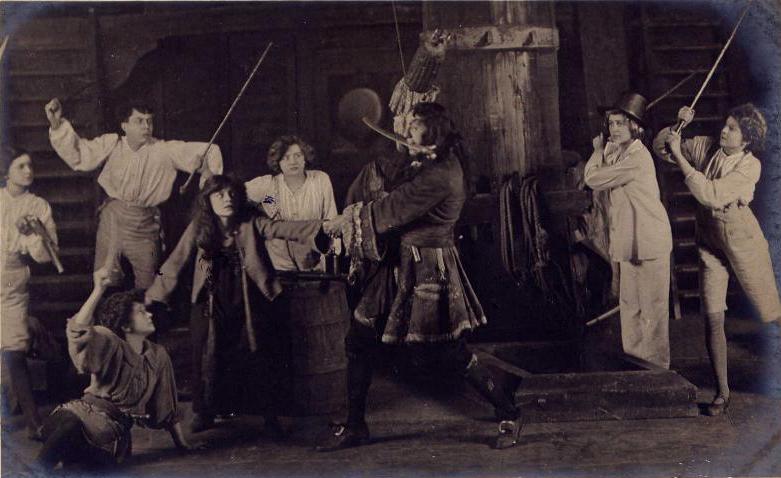


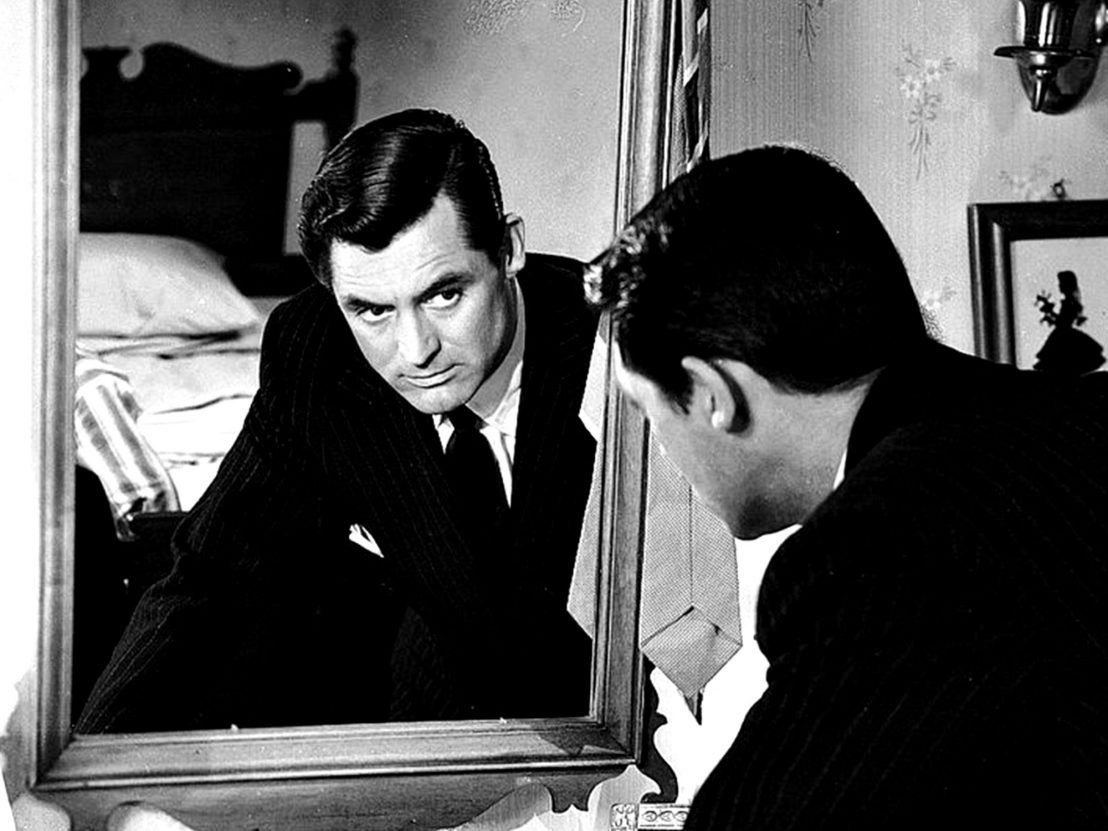


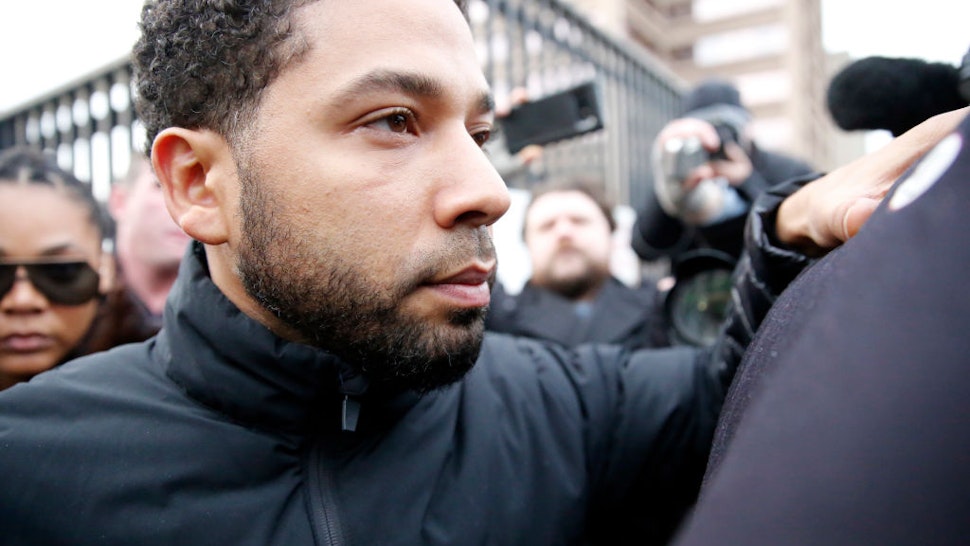
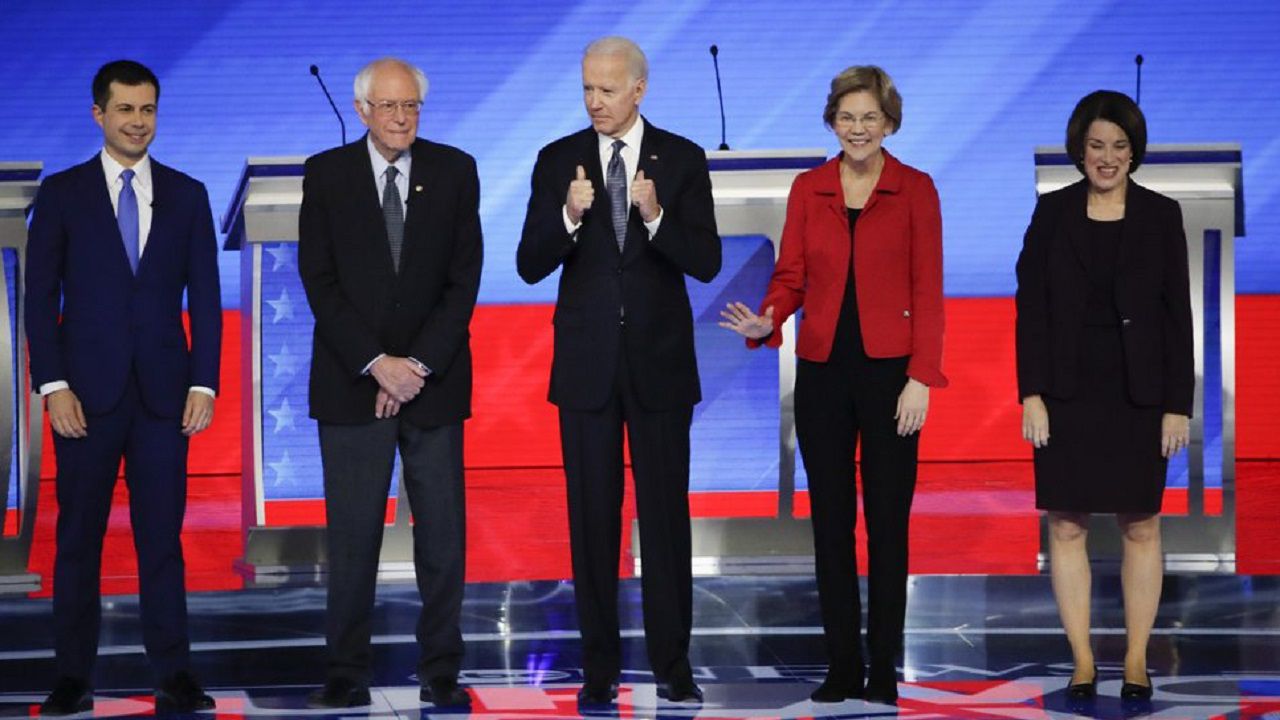

/arc-anglerfish-arc2-prod-mco.s3.amazonaws.com/public/TMBH4FPAYJGZZPKM5N5DW4PEPM.jpg)




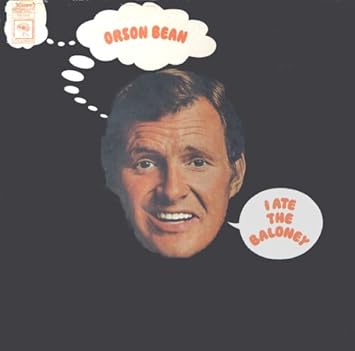





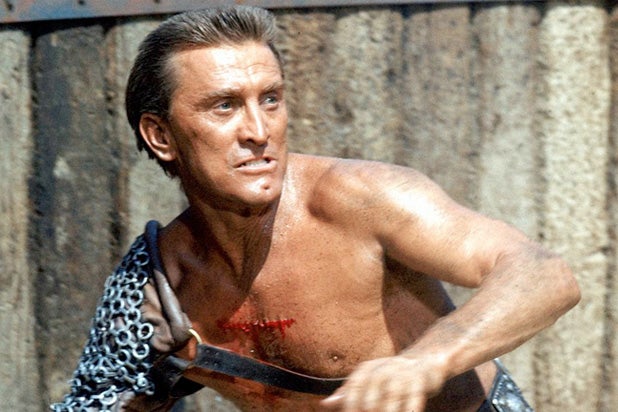


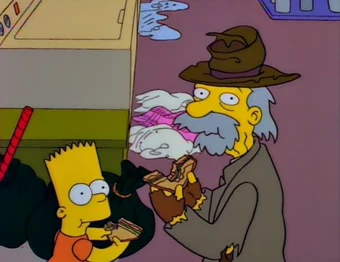
:no_upscale()/cdn.vox-cdn.com/uploads/chorus_asset/file/18970891/04.jpg)
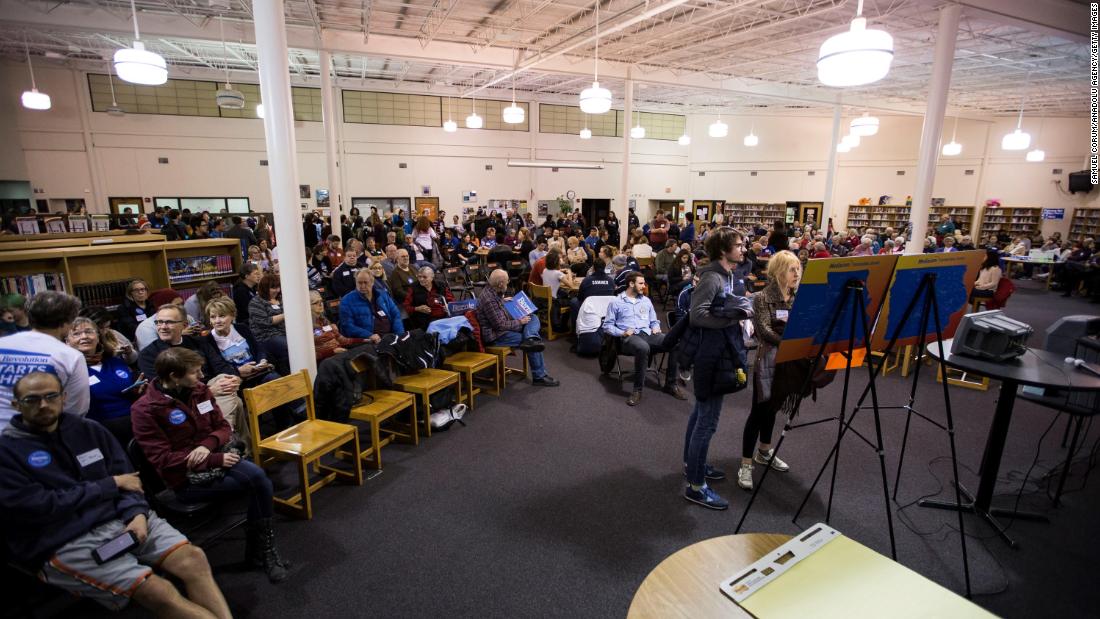



4 Comments:
Only Nate Torrence looks like he could actually be from Pittsburgh.
If girls who looked like Krysten Ritter lived in Pgh I'd still be Pittsburgh Guy